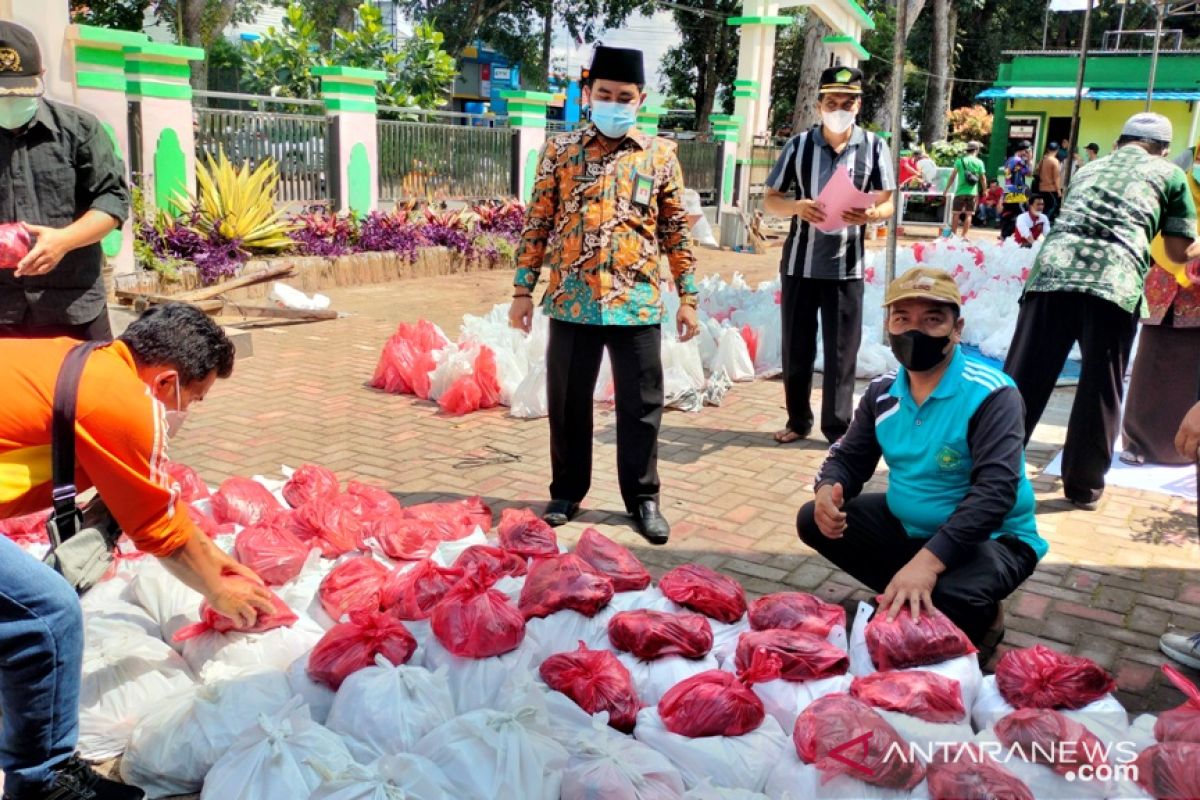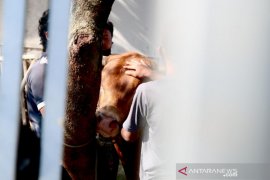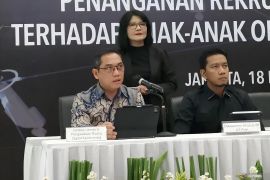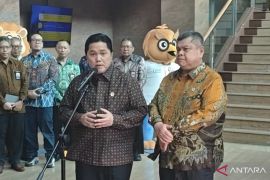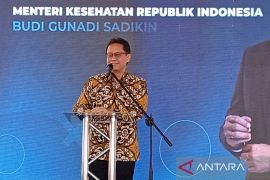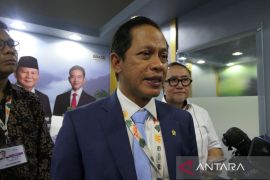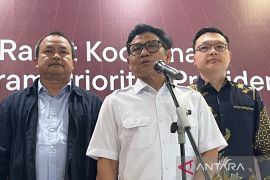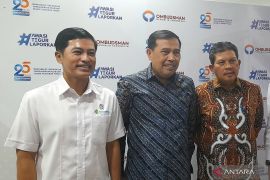“This is concrete evidence that the social solidarity of the Muslim community continues to grow,” the ministry’s director general of muslim community development, Abu Rokhmad, said here.
The animals offered for sacrifice comprised 627,130 cows and buffaloes and 1,229,832 goats and sheep.
According to Rokhmad, the figures reflect the high trust of the community in the better management of the Islamic animal sacrifice ritual, qurbani. They also demonstrate Muslims’ enthusiasm for sharing.
He further said that the achievement is in line with the ministry’s Social Piety Index, one of the indicators of community development effectiveness.
The Ministry of Religious Affairs earlier launched the Asta Protas, or eight priority programs, including programs for impactful religious services and empowerment of the community’s economy.
Rokhmad said that the programs have laid the foundation for the state’s presence in improving religious literacy, while encouraging the spirit of sharing through qurbani.
The strong spirit of mutual cooperation and sharing among the people has also strengthened Indonesia’s position in the World Giving Index. In recent years, Indonesia has consistently topped the index as the most generous country.
“The current model for distributing sacrificial animals not only focuses on quantity, but also on the reach. Remote areas and vulnerable groups are prioritized in the distribution of qurbani meat,” he explained.
This year, Central Java recorded the highest number of animal sacrifices, namely 525,055 heads.
Rokhmad said that the ritual of qurbani is also in line with the religion-based sustainable development approach that is currently being mainstreamed by the Ministry of Religious Affairs.
Related news: Lawmaker stresses need for better Hajj officers' training
Related news: RI, S Arabia discuss alternative airport for Hajj, Umrah pilgrims
Translator: Asep Firmansyah, Raka Adji
Editor: Aditya Eko Sigit Wicaksono
Copyright © ANTARA 2025
